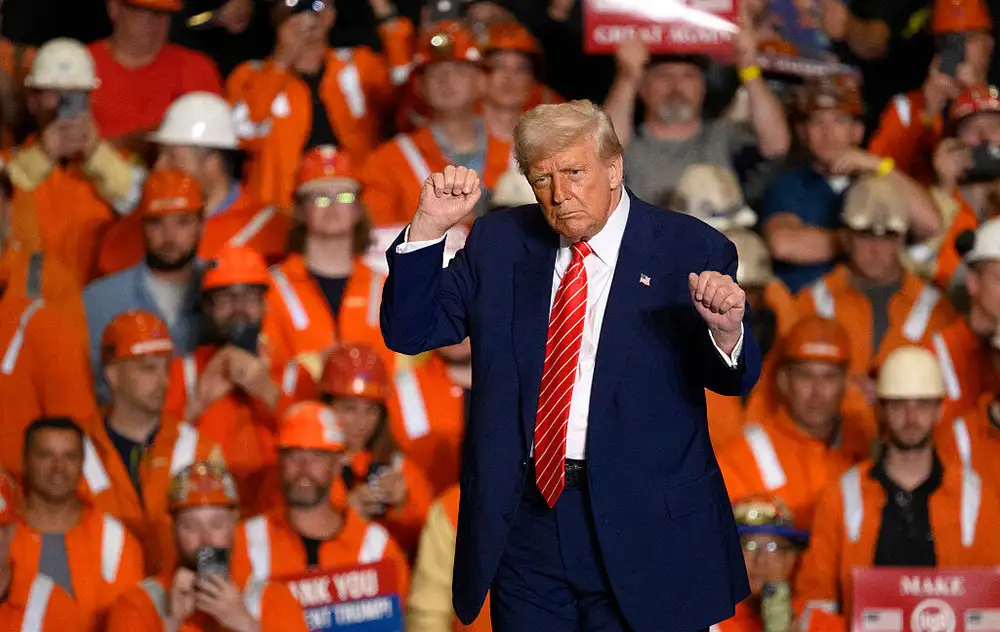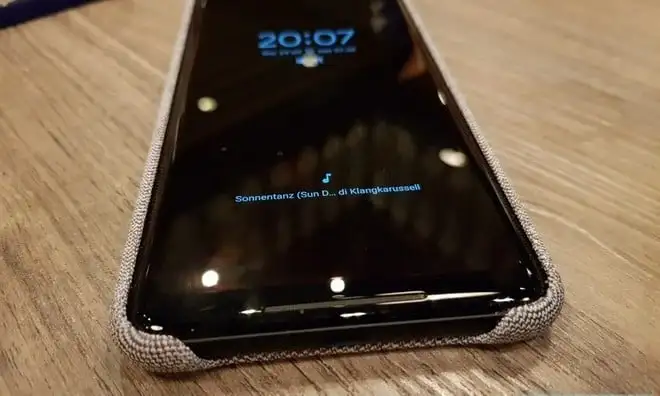With the federal hiring freeze lifting in mid-July, the Trump administration has rolled out a controversial federal hiring plan that critics warn will politicize and likely slow down the process rather than increase government efficiency.
De-emphasizing degree requirements and banning DEI initiatives—as well as any census tracking of gender, race, ethnicity, or religion to assess the composition of government—the plan requires every new hire to submit essays explaining which executive orders or policy initiatives they will help advance.
These essays must be limited to 200 words and cannot be generated by a chatbot, the guidance noted. While some applicants may point to policies enacted by prior presidents under their guidance, the president appears to be seeking to ensure that only Trump supporters are hired and that anyone who becomes disillusioned with Trump is weeded out over time. In addition to asking for a show of loyalty during the interview process, all federal workers will also be continuously vetted and must agree to submit to "checks for post-appointment conduct that may impact their continued trustworthiness," the guidance noted, referencing required patriotism repeatedly.
According to the Office of Personnel Management (OPM), the official plan is to hire only workers "dedicated to serving the American people effectively and faithfully." It also requires essays on applicants' commitment to upholding the Constitution, furthering government efficiency, and maintaining a strong work ethic.
Although the elimination of DEI initiatives is clearly a core Trump objective, the plan is "a hodgepodge of bipartisan reforms developed under both Trump and former President Biden to accelerate and improve the hiring process, alongside plans to eradicate longstanding efforts to make the federal workforce more reflective of the American populace," the government news site Government Executive (GovExec) reported.
The administration says the plan will "drastically" speed up hiring while cutting costs. The plan said that efficiencies would be created by cutting down resumes to a maximum of two pages (cutting review time) while creating a pool of resumes that can be returned to so that new jobs won't even need to be announced. Even hiring for jobs requiring top secret clearances will be expedited, the plan said.
Critics highlight pain points of hiring plan
A federal HR official speaking anonymously told GovExec that "this plan will make life harder for hiring managers and applicants alike." That official noted that Trump's plan to pivot away from using self-assessments—where applicants can explain their relevant skills—removes a shortcut for HR workers who will now need to devote time to independently assess every candidate.
Using various Trump-approved technical and alternative assessments would require candidates to participate in live exercises, evaluate work-related scenarios, submit a work sample, solve problems related to skill competencies, or submit additional writing samples that would need to be reviewed. The amount of manual labor involved in the new policies, the HR official warned, is "insane."
"Everything in it will make it more difficult to hire, not less," the HR official said. "How the f--- do you define if someone is patriotic?"
Jenny Mattingley, a vice president of government affairs at the Partnership for Public Service, told Politico that she agreed that requiring a loyalty test would make federal recruiting harder.
"Many federal employees are air traffic controllers, national park rangers, food safety inspectors, and firefighters who carry out the missions of agencies that are authorized by Congress," Mattingley said. "These public servants, who deliver services directly to the public, should not be forced to answer politicized questions that fail to evaluate the skills they need to do their jobs effectively."
Don Kettl, a professor emeritus of public policy at the University of Maryland, told GovExec that the decision to stop collecting census data on government workers could also present setbacks for hiring managers.
"I’m concerned about it, not because it would make it harder to pursue DEI goals as a matter of policy but that in general, it’s important not to throw out information about what it is that you’re doing," Kettl said. "It would be important to know whether or not you’re hiring 90 percent men for certain occupations... You don’t want to blind yourself to the implications of what you’re doing."
So far, Trump has prioritized slashing the government workforce through the Department of Government Efficiency (DOGE), with The New York Times estimating in March that 59,000 workers were fired and 76,000 accepted buyouts. Axios noted that 150,000 additional cuts are planned, and DOGE recently supercharged the mass-layoff software that could make it easier to pursue further cuts.
Once the hiring freeze lifts on July 15, the White House has specified that it will allow agencies to hire "no more than one employee for every four employees that depart from federal service (with appropriate immigration, law enforcement, and public safety exceptions."
Among those to be recruited, the federal hiring plan noted, are HR professionals who will align with Trump's plan to end DEI initiatives and prioritize hiring "American patriots."
"There is an urgent need to upgrade the skills and capabilities of Federal HR professionals to implement President Trump’s long-overdue plans to reform the Federal workforce," the hiring plan said, confirming that "OPM will take a greater role in overseeing" and training the HR workforce.

 Meta e Anduril uniscono le forze: caschi smart e AI per i soldati USA
Meta e Anduril uniscono le forze: caschi smart e AI per i soldati USA